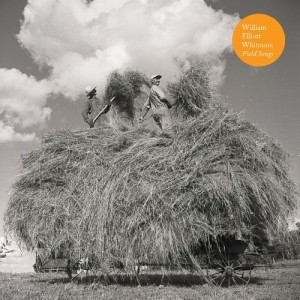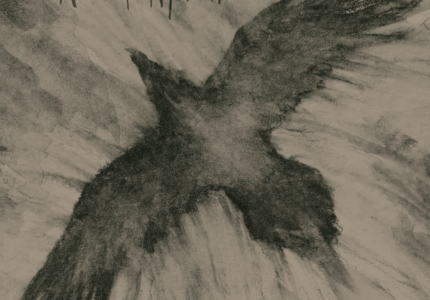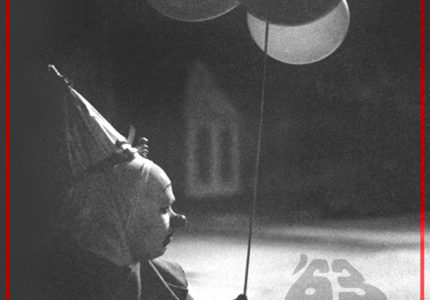Back in my first year of college, I wasted my first semester on one particular video game. It was a then-obscure Japanese game called Harvest Moon. The premise was that a young man took over his late grandfather’s farm and spent time restoring the land, planting crops, raising livestock, and marrying a girl from town. I spent countless hours playing a game and pretending to farm. I wasn’t doing backbreaking work; I was getting carpal tunnel.
While I was wasting time at a college campus in southern Maine fake farming and not touching my bass guitar, another young man in southern Iowa was much more productive. William Elliott Whitmore was working on his family farm, raising and tending to real crops and livestock, and spending countless hours on his guitar and banjo. So what has transpired since then? Whitmore has toured with the likes of Chris Cornell and Clutch. I have a couple of their albums. He has recorded an amazing solo effort in Field Songs. I have a blog and get the opportunity to review his work. I am going to go out on a limb and say he is having a better career.
Anyone can go to their library and pick up a copy of Malcolm Gladwell’s Outliers and piece together how William Elliott Whitmore came to be as talented as he is. Or they can look at his bio and figure it out for themselves. Growing up on a farm with two musicians for parents, Whitmore learned to belt out lyrics with his family at an early age. He picked up the guitar at age 15 and worked tirelessly to master it. Is growing up on a farm an essential point to this? Not necessarily, with the exception of two things: 1) A farmer has to have a work ethic; to put in the amount of hours needed to be an accomplished musician takes a lot of hours. A lot. A lot a lot. 2) It helps to know something about farming to create an album called Field Songs.
This 35 minute, 8 track concept album is what folk music, country music, or any music should strive to be. And I don’t mean that it should be one man with a guitar, a banjo and a drum. I mean it should come from a personal place, articulate imagery so well, and be sung with such conviction that you know the artist bleeds the subject matter.
William Elliott Whitmore does all of these things. His powerful voice, wrapped in his south Iowa regional drawl, crafts lyrics that put you next to him working in the field with the sun beating down on your back. His finger-plucking on the banjo invokes such honest emotion I didn’t know was possible from the instrument. I got so lost in his ability to create a simple, yet elegant sound that I felt like I was listening to one long song. As such, Field Songs is designed to be listened to in one sitting and not on a track by track basis.
Knowing an artist’s background is not always required to be able to enjoy their music, but in the case of William Elliott Whitmore, it certainly enhances the listening experience. I am glad that there are people like him with a stronger ethic than I; to spend the hours to create the kind of music that this world needs. I have traded in my fake farm for WordPress to let you know that he is out there doing it, but I still have much more respect for his trade than my own. May I spend less time in front of the screen and more time plying a trade.
May you be just as inspired.







Hannah
This is a great album that everyone will love! I can’t stop listening to
it and have been trying to get everyone I know to buy it or listen to
it. Go get this as soon as you can!